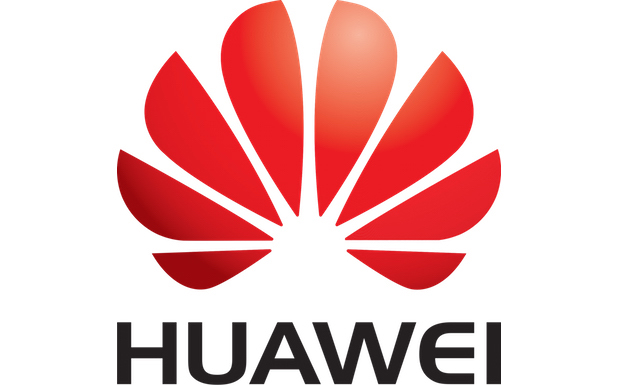Positions Huawei as a company that’s always ready to listen and seeking one world standard for 6G
Equipment maker Huawei Technologies regards the chip ban as a mere flesh wound and will lead the world into 6G with the launch of the first products in 2030, its current chairman Eric Xu Zhiju has announced.
Xu discussed Huawei’s 6G plans which were published on Huawei’s online community Xinsheng. Xu’s defiant message was that Huawei is well positioned to continue to lead in the coming 6G era.
Though 6G is a more complex technology than 5G, that means it’ll influence on multiple fronts like cloud computing, blockchain and big data. Which is why Huawei started investment in 6G research in 2017, while pushing 5G commercialisation, said Xu.
“Huawei will define 5.5G and research 6G at the same time in the next few years, and it is a test of the whole industry’s imagination and creativity whether 6G can surpass (5G and 5.5G technologies),” said Xu.
Xu’s comments on 6G came as the first anniversary of the US chip ban, targeting Huawei, looms. On September 15, 2020, the US officially cut off Huawei from all suppliers of US technologies. It prompted speculation whether Huawei, which relied on chip imports, can survive but its business performance this year has exceeded market expectations, according to Xu.
US chip ban made Huawei more profitable
Though Huawei’s sales revenues slumped by 29 per cent on a yearly basis in the first half of 2021, its net profit increased 9.8 per cent, surpassing last year’s 9.2 per cent growth.
“The US ban hurt Huawei’s business to some extent, but not fundamentally,” Chinese tech analyst Xiang Ligang told the Global Times on Sunday. Given China’s vast market, Huawei easily maintained its capital, staff team and research capacity. “That will empower the company to push forward next-generation technologies and reinforce its lead in the global telecom industry,” said Ligang.
Geopolitical uncertainties are more likely to limit the research and development of 6G tech, as Huawei might still be excluded from overseas markets in 6G products, said Xu.
Xu conceded that 6G will face a complicated set of choices in its research stage, which made ‘deepening cooperation more important than ever’. Geopolitical fluctuations and the de-globalisation trend get in the way of such cooperation, Xu said.
Let 6G bring us together
“Satisfying results in 6G development will only be achieved if 6G is open enough, whether the participants are pluralistic and if the communication is thorough enough,” said Xu.
The worst of all worlds would be a divided 6G movement, with two sets of standards and soaring connectivity costs causing losses to global companies, according to a Chinese telecom expert, Fu Liang, quoted in Global Times.
Rival analyst Xiang didn’t seem enormously independent of the Chinese government’s official line. Xiang said that nations would learn from the side effects of the global splitting trend in the 5G era, which affected pandemic control. The experience will push countries to cooperate more in 6G development and Xiang predicted discussions of the 6G vision in 2023 and formulated 6G standards by around 2028.
Huawei is willing to hold discussions with companies and industries that might need 6G technologies to define 6G jointly, Xu claimed.



